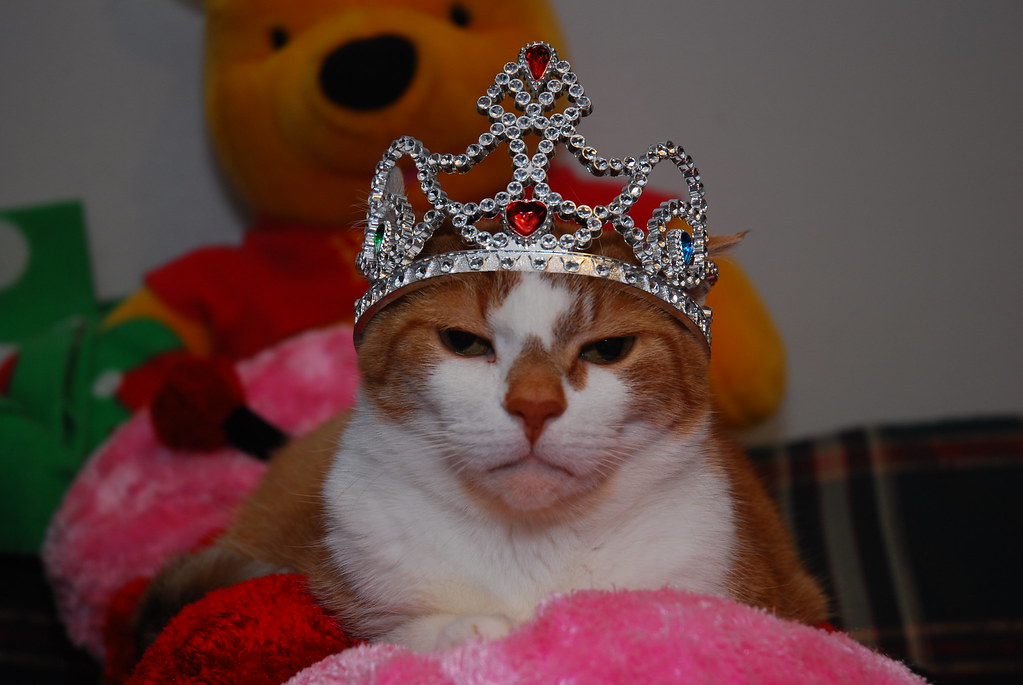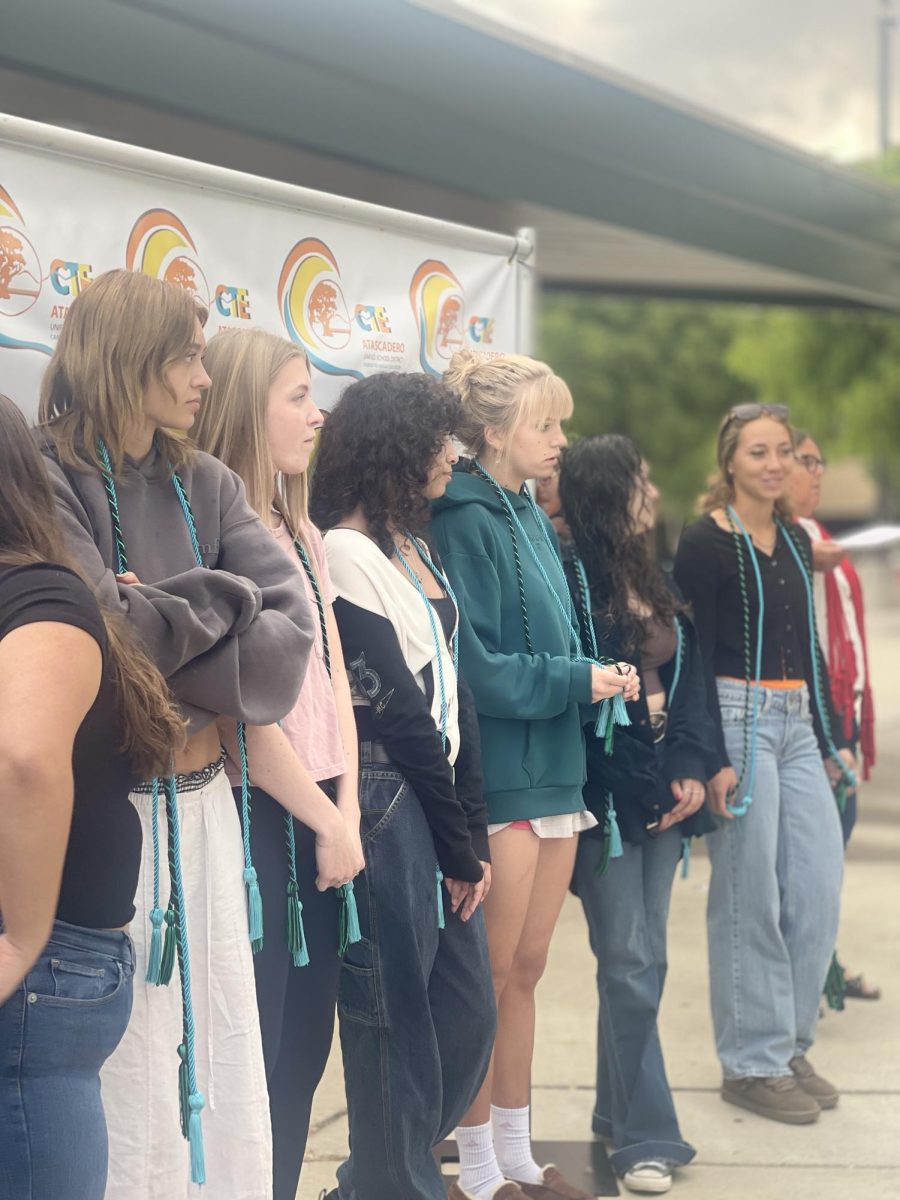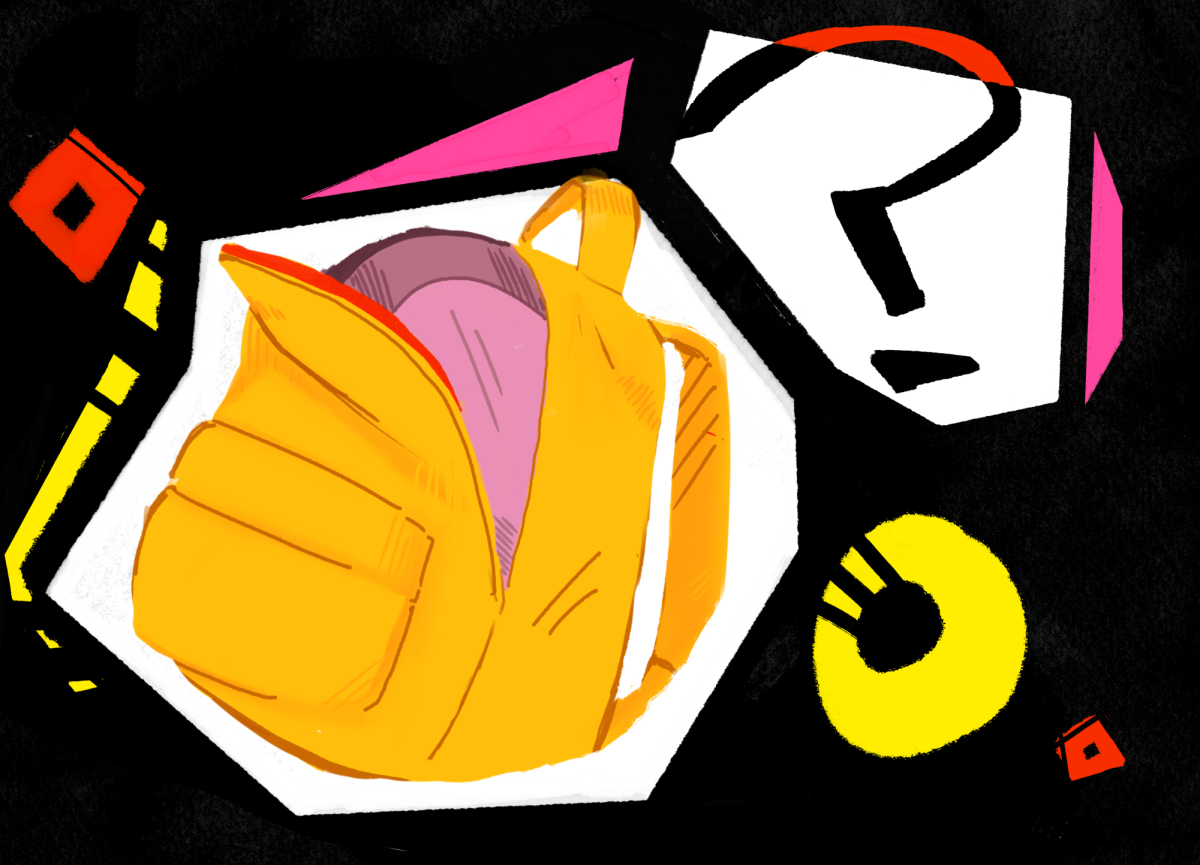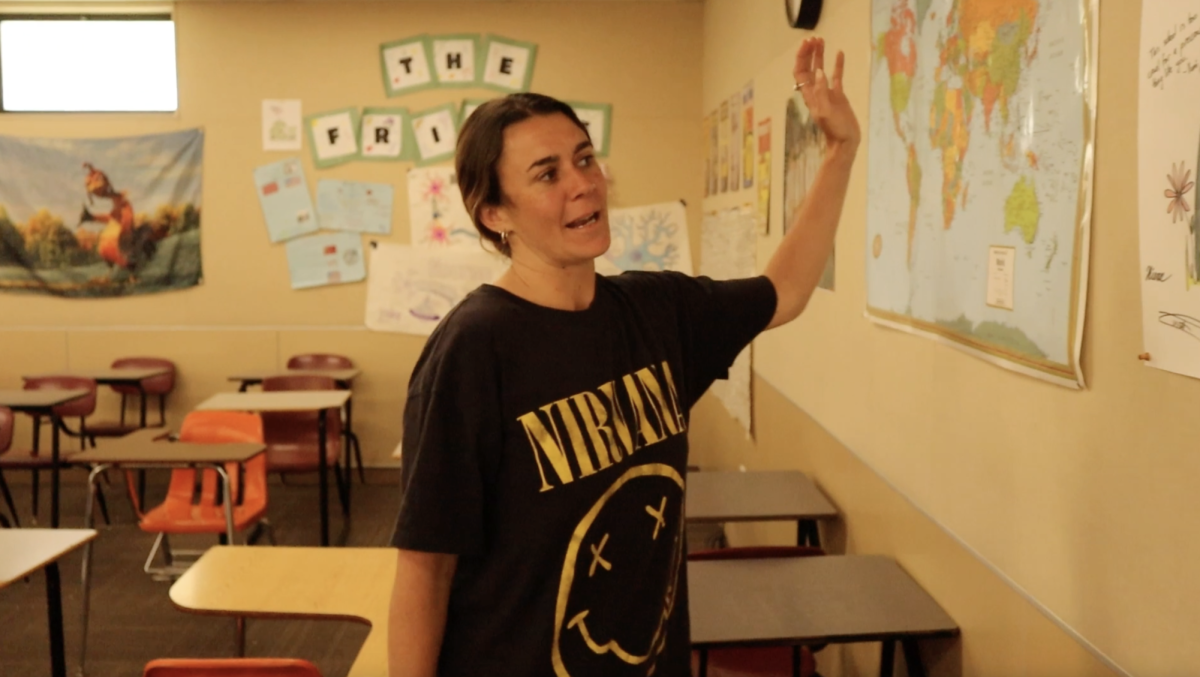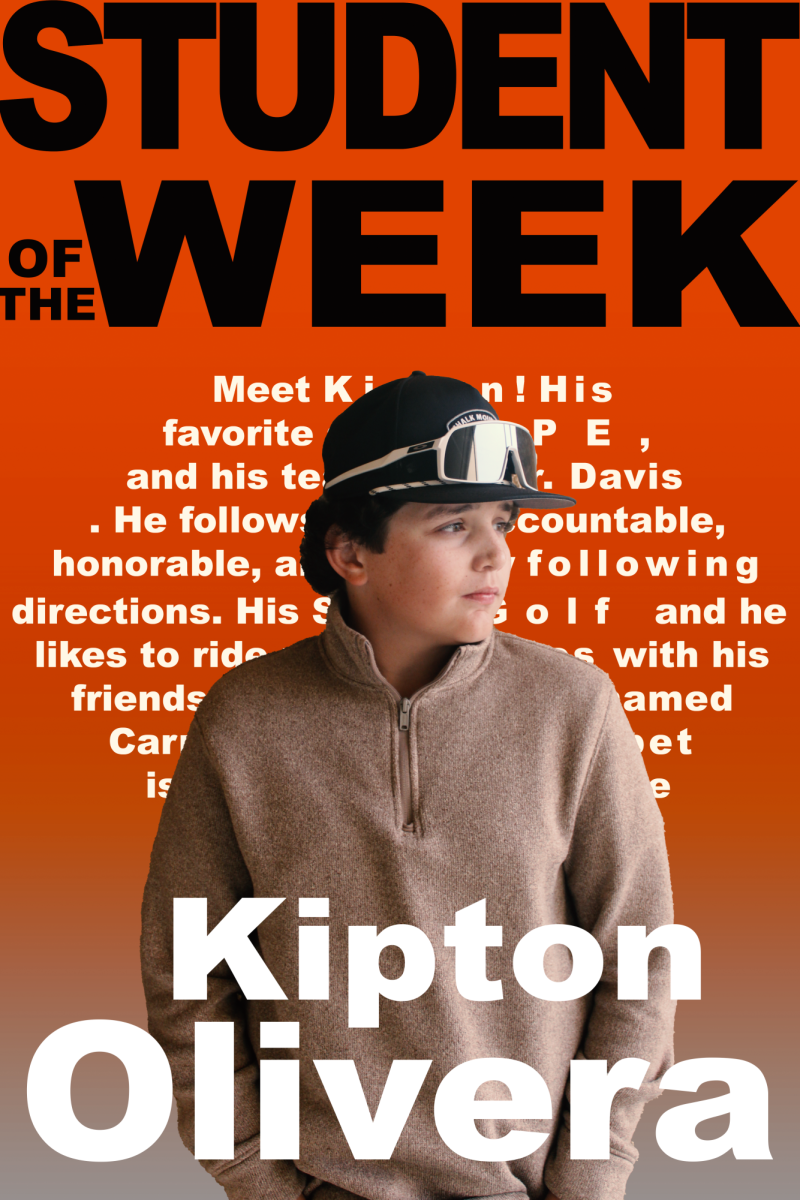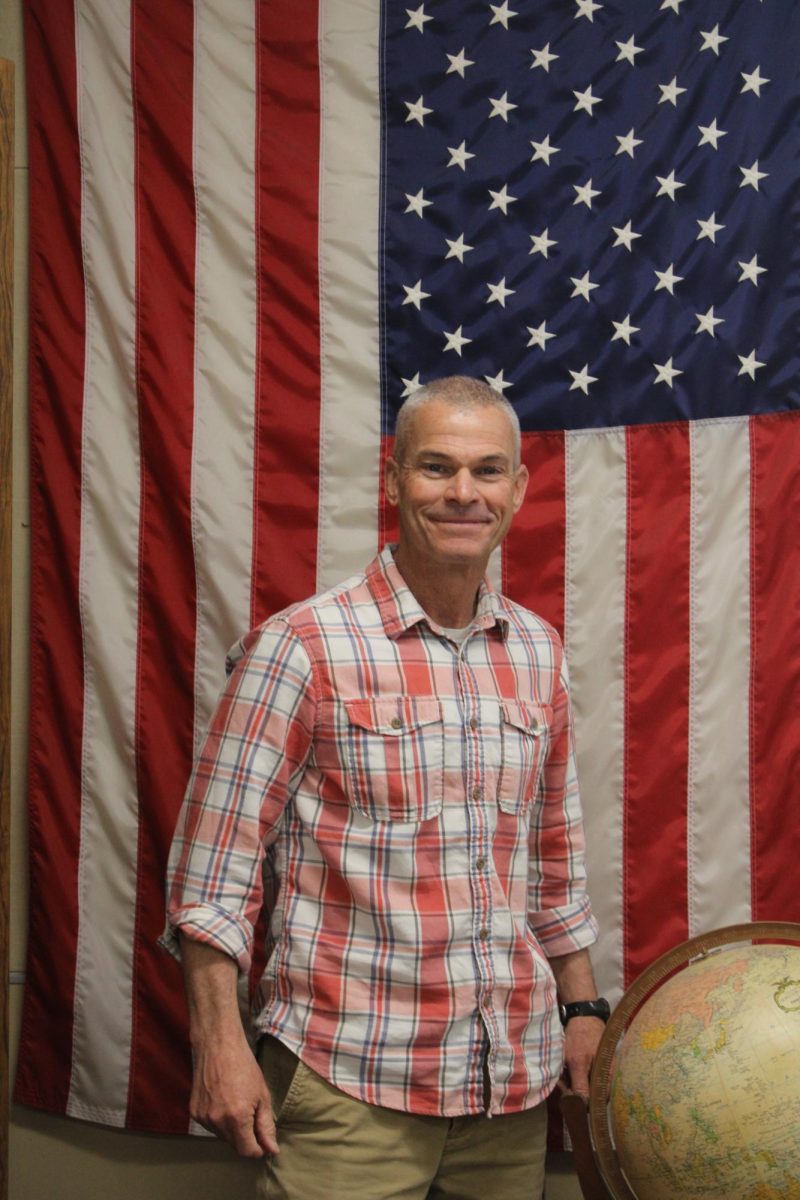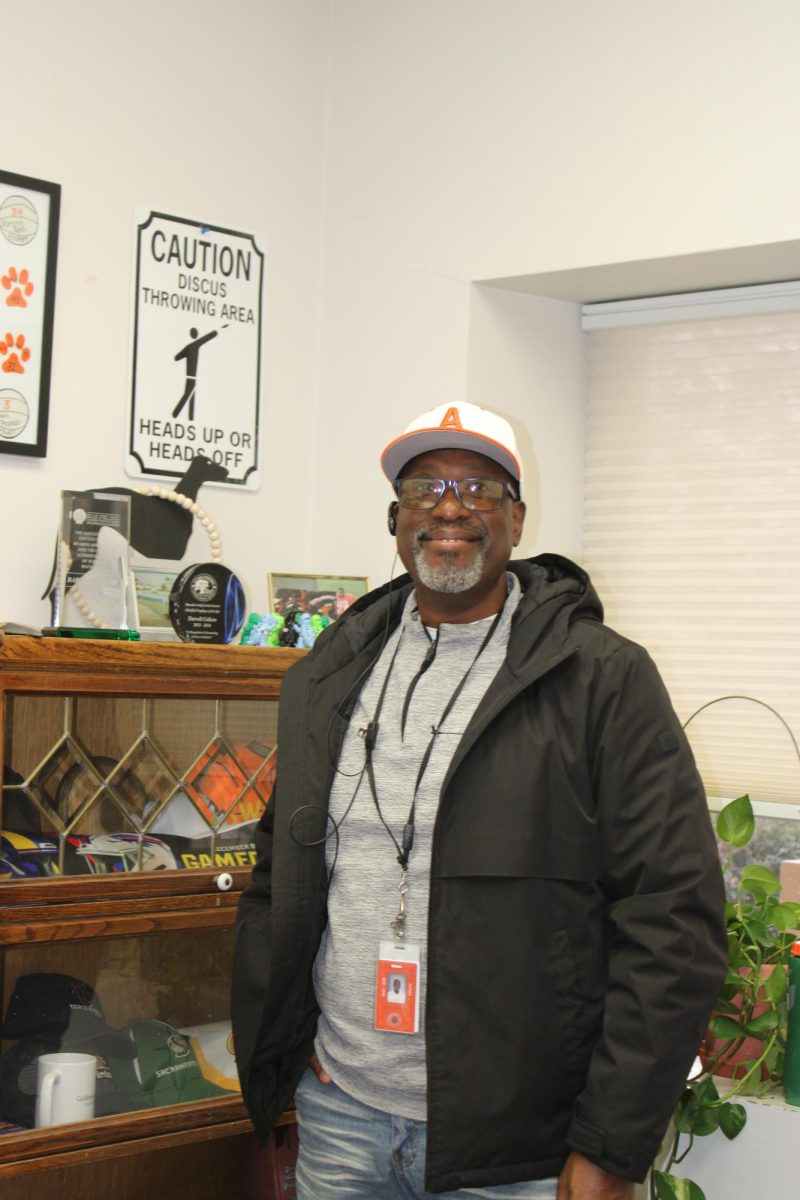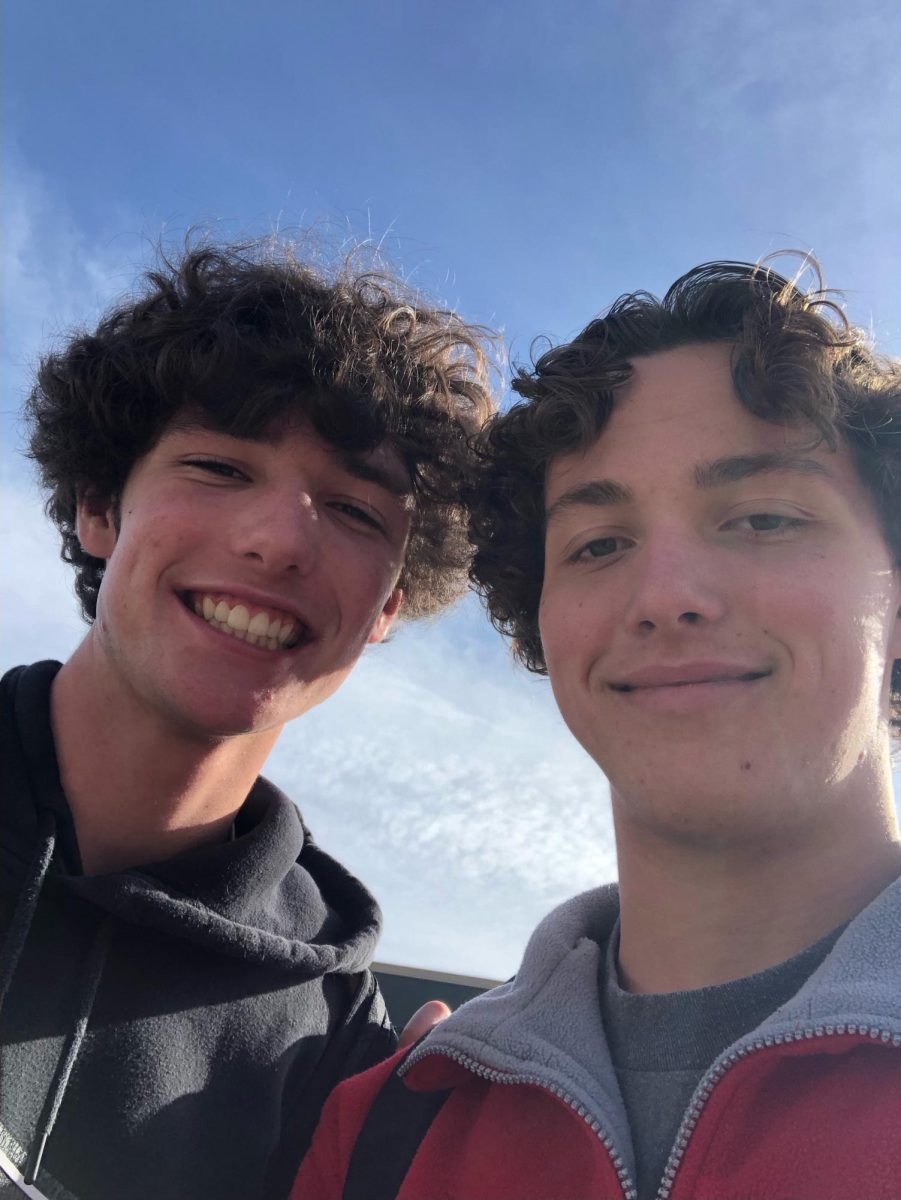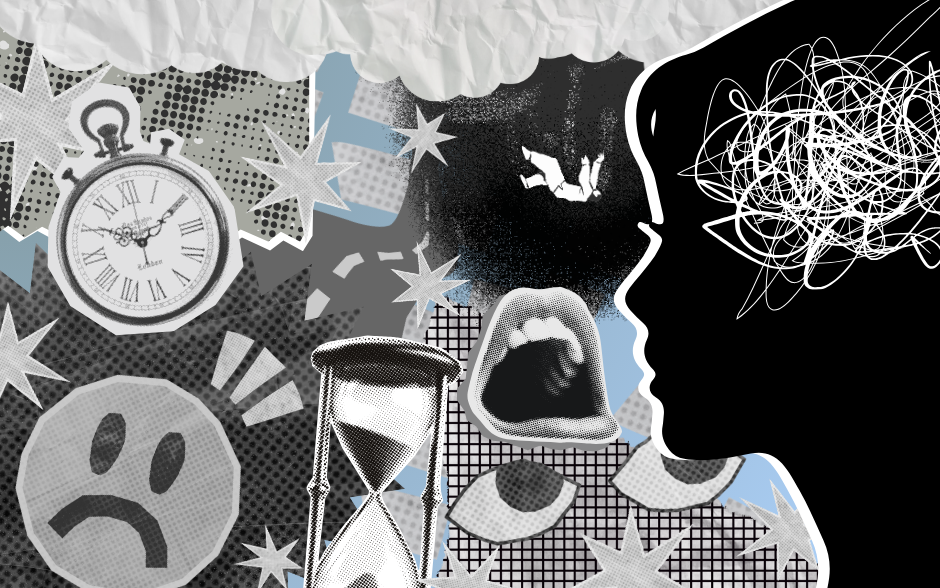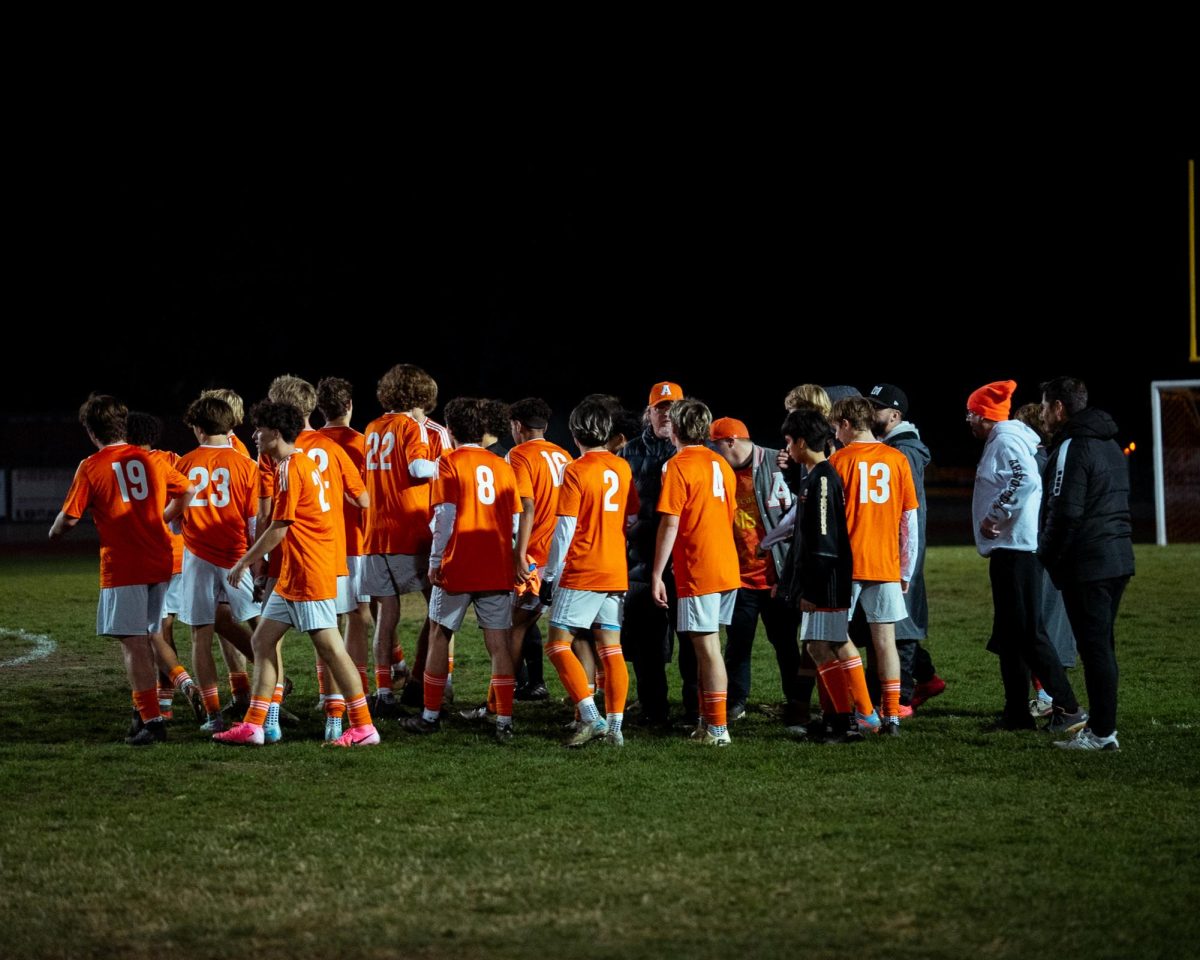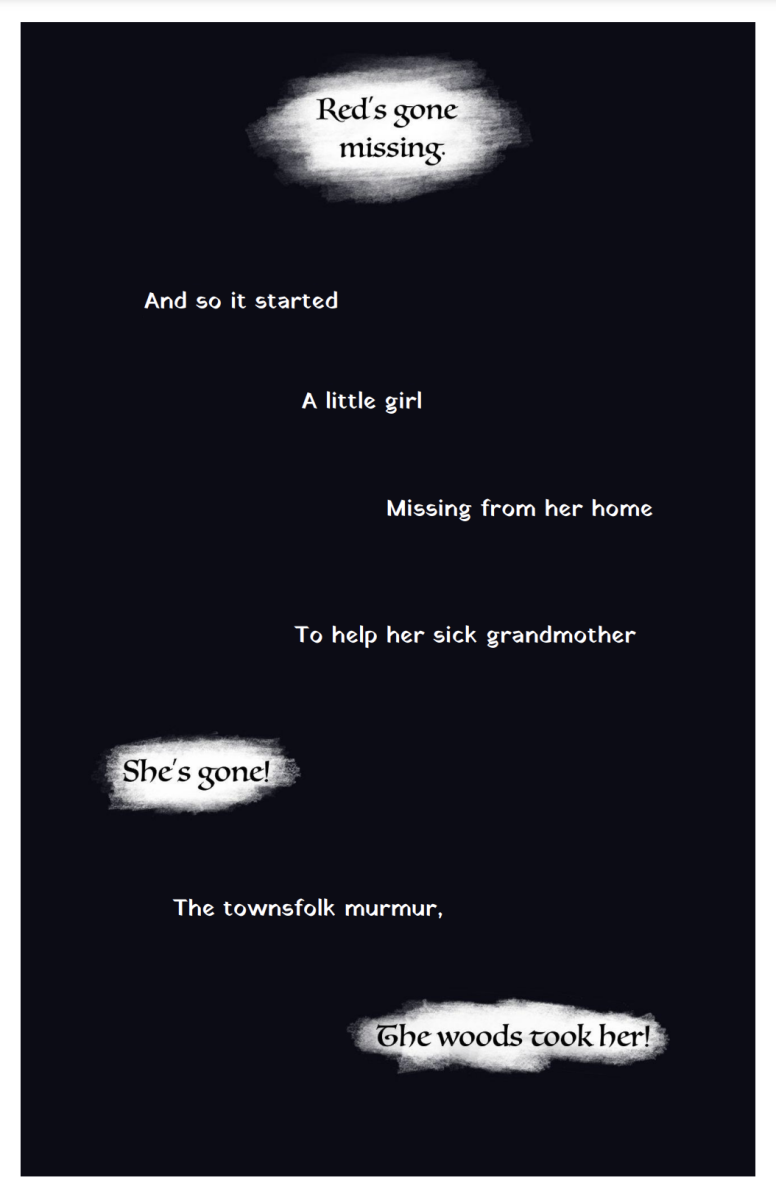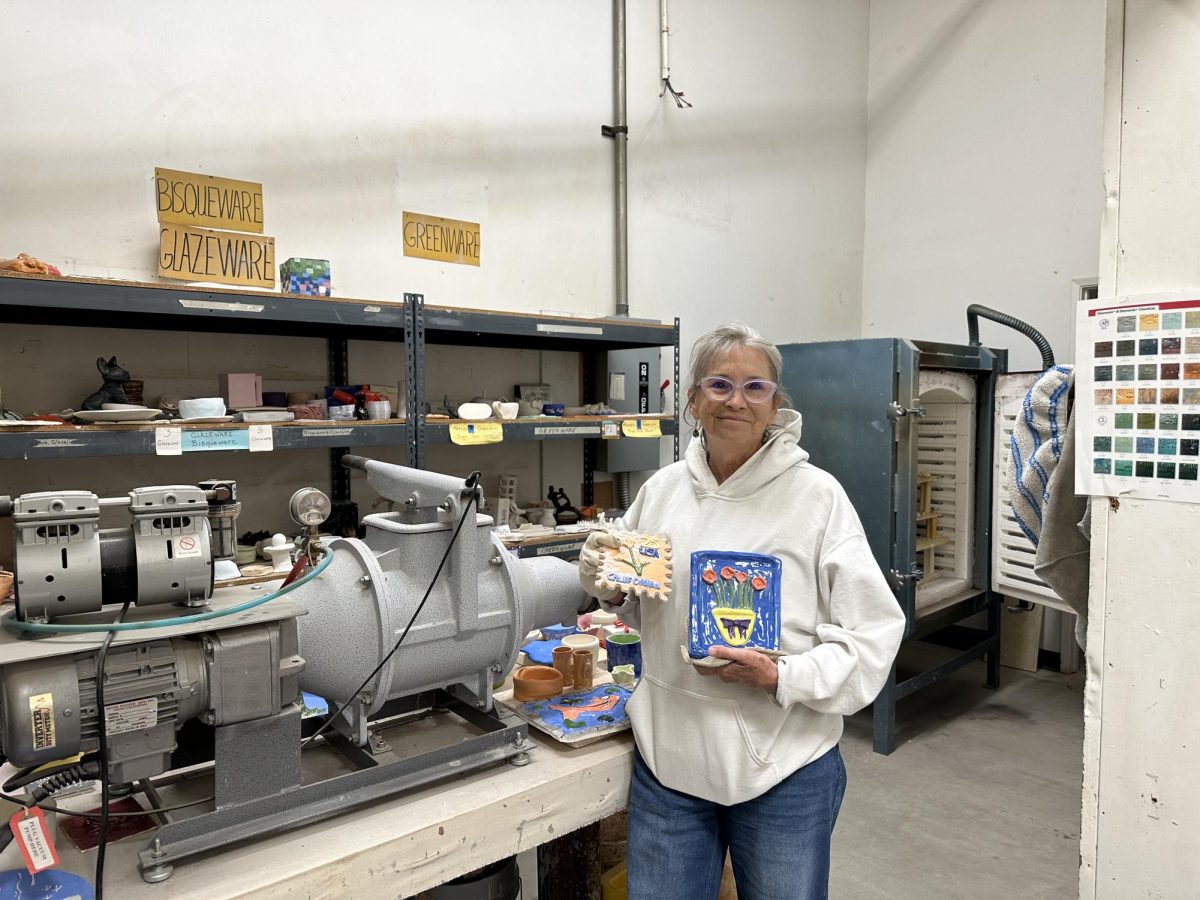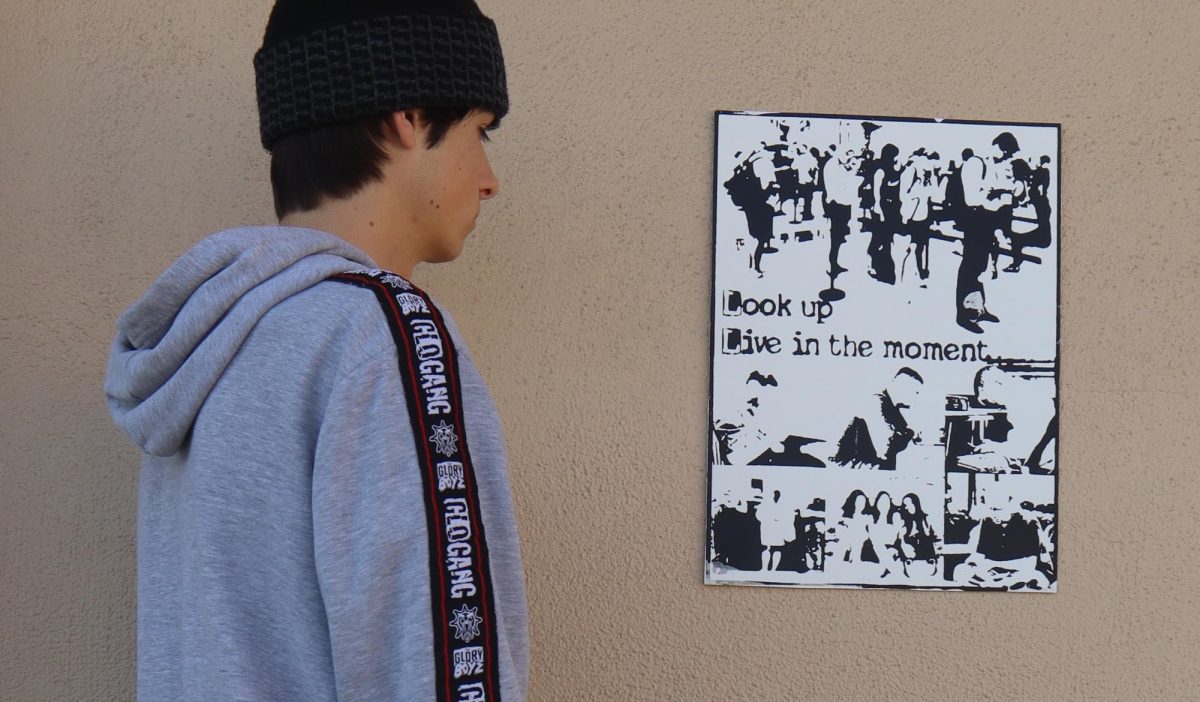The measure of a man is something hard to wrap one’s mind around. In a world where much of gender and sexuality is up to preference, there are a lot of ways to define what it means to be a good person, but not necessarily a good man. There seem to be two main factors that affect who a person becomes: the circumstances they are left with and the choices they make because of it.
A very prevalent example of this occurs in fatherhood. A good father is a thing that seems relatively complicated to come by. As people, we are naturally flawed, which means that when it comes to forming a new life, we find it very challenging to ensure that our children’s life experiences will be as good or even better than our own. Especially for men, who are prone to either distance, anger, or control, when we are not aware of shortcomings like these, we can starve our children of needed development and even give them lasting trauma if we’re not careful. If we are content with circumstances like these, issues become multigenerational, which can only be slowed by personal choice.
These things were in our mind as we were writing “Little Red Riding Hood: A Grim Tale Retold”. As our main character whose main antagonist was the twisted form of his own father, we wanted to use people who have had to deal with this struggle within the first and second, and even the third generations.
Below it our graphic novel, click on the photo to read it.
On my side, I mainly thought about my father, grandfather, and great grandfather. My great grandfather (when I hear of him) is always referred to with two different names, Grandpa Gene and Grandpa Ralph. Grandpa Gene was a playful man who grew up in Kansas. He played the saxophone in a traveling band, and played lots of pranks as well. He never intentionally changed his name, but the events of WW2 did it for him.
When he came back for being a Japanese POW, Grandpa Ralph was a very different man. He was more critical, more strict. He swapped his love of music for a silent house and long hours working as a programmer at the Bank of America. The battle that ensured my grandfather would exist was the same battle that stole my great grandfather’s ability to be present for his son’s development as a man, a distance that only increased when he lost his wife (my grandfather’s mother) to kidney failure.
Because of this, my Grandfather was raised mostly by my great great grandmother, a woman he called Grandma Pearl. Grandma Pearl was a woman who was known for being one of the kindest and strongest women around, and according to my Grandfather, did her best to fill in the blanks that Grandpa Ralph had left. However, when my grandpa eventually decided to start his own family, he was determined to make his home different from the one he grew up in.
However, because he had not had an intimate father son relationship modeled for him, he had no idea how to relate to the first son, the young boy would become my father. He tried to protect my father as much as he could from voices of criticism and made sure that his children would have all that they needed so his wife, my Nana, could raise her children and her home as she wished.
My nana grew up in post-war italy. Her father died when she was 2 years old, so she only ever knew her mother as a parent. Surviving in post-war Italy was incredibly challenging, so when she and her small family had the chance to come to America, they took the chance as quickly as they could. Nana treasured being a mother, she made it very obvious to my Dad and my Aunts that she enjoyed raising them.
Like her husband, she wanted their childhood to be different, better than the one that she had experienced. She wanted her children to be free to become the people they wanted to become. As a Neapolitan Italian woman, he tended to be blunt, especially when it came to times when her children were being stupid, but her bluntness was always for the sake of their wellbeing.
This meant that my grandfather was working for a large part of my dad’s childhood, and my father even said that he was angry with my grandfather for a while because he missed him. It wasn’t until my dad turned 21 that he really found a way to relate to each other, and my father learned to understand why my grandpa had raised him the way he did. 32 years later, they still talk to each other weekly, if not more often. This relationship was only possible because my Grandfather chose to be the father my Great Grandfather couldn’t, and in that way my Grandfather became one of my inspirations that shaped Bjorn, and by the same extent, my grandmother shaped how I wrote Red Riding Hood.
While my inspiration of Bjorn was from family history, my co-writer, Gabriel ended up being a very prevalent “first generation Bjorn” who was actively struggling with the question of what he would have to do to give any children he might have a better hand than the one he was dealt.
Recently, Gabriel had been caught in an issue that caused his parents to split, leaving him and his mother to pick up the pieces. However, the effect it had on him and his mother was different than what you might expect. At first, his house was incredibly quiet. Gabriel described it as “[feeling] like we were living in the middle of a field of snow… I could hear not only myself [blinking], but my mother [breathing].” Up until this point, his father had largely been the one talking at the dinner table, with little room for anyone else to talk, but as his and his mother began to grow back into their own home, they began to do things like playing music loudly, have one on one conversations, and sprawling pens and papers across the dining room table. Gabriel described their house “finally [feeling] open, like the gate to a prison had just been lifted.”
However, as time went on Gabriel began to notice little quirks about himself that he had once noticed within his own father, such as a short temper, annoyance at seemingly insignificant matters, and a passive aggressive tone when offered criticism. He noticed that these quirks were the things that often ended up being main instigators in conflicts with his mother. Because of this, he decided he needed to make intentional choices to make sure that he would not follow in his father’s footsteps. The four main goals he made and communicated to me were to foster greater patience, “never lie in relationships, either platonic or romantic, even if it hurts,” to be as kind and empathetic to others as he possibly can, and “to raise [his] own son (or daughter) with as much love and attention as they need to grow into someone utterly fantastic.”
The best part is I have had the privilege to see goals like these change him in real time. He is a person who is painfully aware of his own weaknesses and as a result has become one of the most accountable people I know, and he’s been a huge inspiration to me in my own struggles with masculinity and growth. Him and my Grandfather both had (and are having to) play the hard role of being a “first generation Bjorn,” someone willing to make the first of many choices that will make sure the children they raise, the lovers they have, and the friends they meet will be all valued and heard.
In writing our comic, we wanted to honor and represent this struggle as best as we could, as it seemed like one of the few things we could point out as being masculine, even if not explicitly so. This project has forced us to learn not only about ourselves, but the nature of fatherhood, and the important influence of strong women. Even if others do not treasure this comic as much as we do, I would call this comic a huge success just for this sole reason. Especially because, as we’re moving into adulthood, it is going to be a thing that both me and Gabriel are going to need to keep in mind if we want to fulfill this calling. As the world changes, we need to be fathers and friends that always look for ways to leave this world better than we left it.

